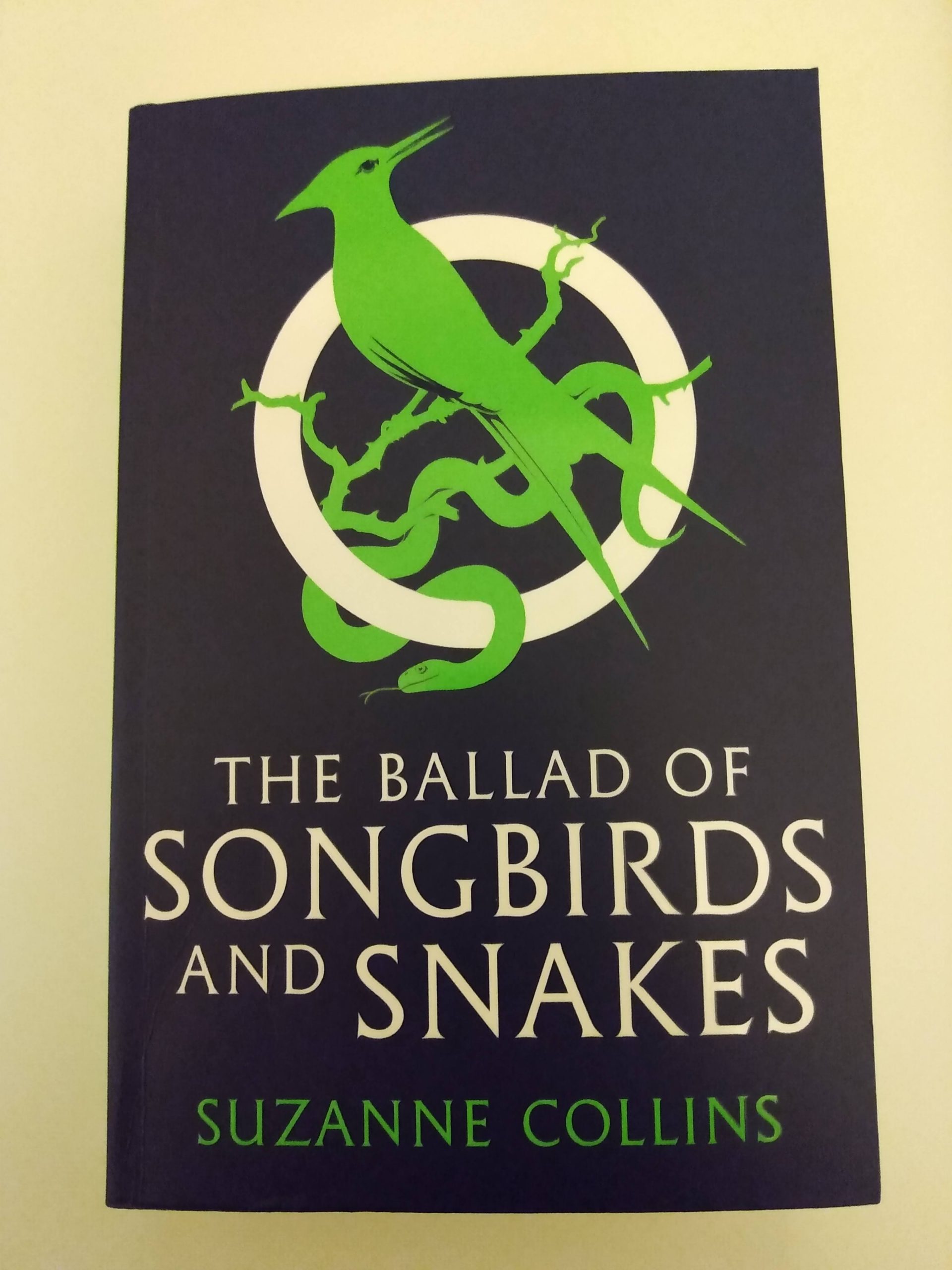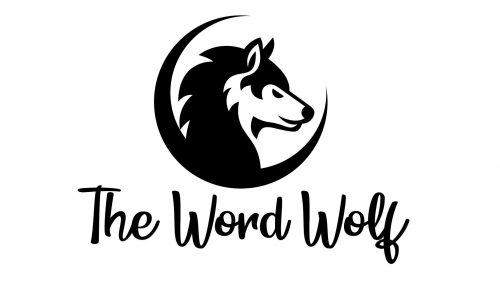The Ballad of Songbirds and Snakes, by Suzanne Collins
'The Hunger Games' is a phenomenon I found out about way too late. I had heard of the books, and knew plenty of other people who had read them. I was aware that film adaptations of the books existed. I think I even had a sketchy idea of what the series was sort of about (some sort of 'kill-or-be-killed' competition). But somehow in all my childhood, I never got closer to The Hunger Games than that. Until. Someone bought them for my brother, and I decided at the age of 17 that it might be worth dipping into this series, to see whether it was really any good. I have not looked back.

I cannot believe this series had passed me by - I proceeded to read the trilogy pretty much back to back, flying through each book in a matter of days. And I loved them. The final instalment has even earnt a place on my list of 'Books that (nearly) made me cry'. So enthralled was I by Suzanne Collins's creation that when this standalone prequel spin-off was released, I knew I had to read it.
But before I started this book, I admit I was a little nervous. The original trilogy of 'The Hunger Games' was just so good - would this live up to their standard? Would I wish Collins had left the series as it was? I really hoped it would not be underwhelming.
My verdict is that it was pretty good. It wasn't quite as fast-paced as the trilogy, but that's a near impossible target to meet; they're some of the paciest books I've ever read. Despite the slightly calmer tempo, it did still have the typical Suzanne Collins cliffhanger-at-the-end-of-the-chapter, which made it quite hard to put down once I got into it.
The thing that I found the most interesting about this book (and the reason I am glad Collins didn't just leave the series as it was) is the new perspective. The Hunger Games trilogy was told from the point of view of Katniss Everdeen, a girl at the very bottom of the ladder - she lives in the poverty-stricken District Twelve in the very lowest social class, and she enters the Hunger Games as a contestant. 'Songbirds and Snakes,' however, was narrated by almost her complete opposite: Coriolanus Snow, a man on a considerably lofty rung of the social ladder, who lives comfortably in the Capitol, and is involved in the Hunger Games as a mentor - someone in charge of proceedings, who watches from the outside.
Having said that, there were some similarities to be found between Katniss and Snow; the latter's lofty social position was by no means stable, and at times he struggled with situations strikingly similar to those faced by Katniss. But the key difference that became apparent throughout the novel was the different ideologies held by these characters. While the original trilogy took on Katniss's rebellious streak, leading to an overall message of I refuse to be a pawn in the government's game, this prequel became tainted by Snow's undying loyalty to the Capitol.
I honestly found this really annoying. This whole world Collins has created is a dystopia. It's a futuristic totalitarian regime, interesting to read about but really not a place you would want to live in. What's good about the trilogy is that the characters stand up to it and defy it, both overtly and subtly. Love finds a way. There is still happiness. The characters know that the situations they are forced into by the Capitol are bad. But Snow is completely on the other side of the fence, believing that this is the way things should be, and outspokenly opposing rebels. Frustrating. But interesting too.
By showing us the perspective of someone in the upper echelons of the dystopian society, Collins almost justified the viability of her world. With the trilogy, it was fairly easy to dismiss it all as complete fiction - a world like this is an exciting idea that could never really exist. This time she showed us the indoctrination of Snow, how he grasped hold of the ideologies that formed this society, and then perpetuated them himself, thereby upholding the system. This made it all seem slightly more real, no longer totally outlandish but scarily possible. This is very typical of the genre of dystopia, so in that respect, this book was very clever. It was a reminder that the Hunger Games is not just a fun fictitious series (although I think it is primarily fun and fictitious) but that there are some quite weighty societal comments attached to it.
Another element I especially enjoyed was the way it linked to the original books. The character of Snow himself is in the original series as an adult; this prequel followed the story of his childhood. Much of the setting was the same, so it was nice to return to familiar places from the trilogy. And since this book takes place chronologically before The Hunger Games trilogy, it was fascinating to see all the customs and systems from the trilogy in their early forms - including the Games themselves. The whole thing served as an enrichment of the history of Collins's world, an exploration of how it all came to be, and I thought this was done very well.
Overall, I did enjoy it. I vehemently dislike the main character with his selfish attitude and lack of a moral compass, which meant it was not quite as enjoyable as the trilogy, but I would say that if you are a fan of The Hunger Games, this is definitely worth a read.
